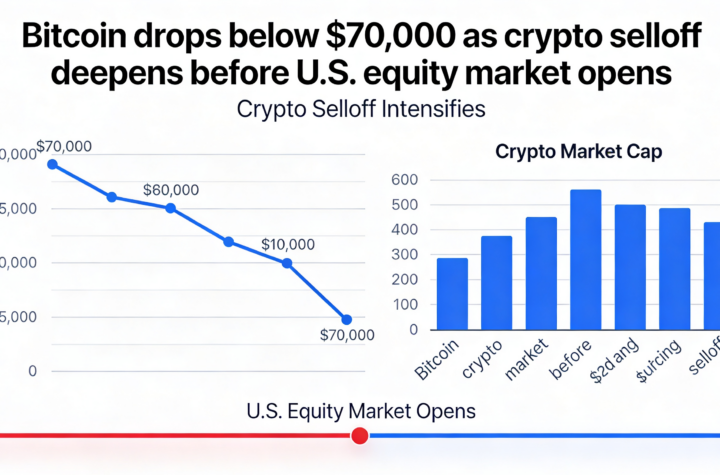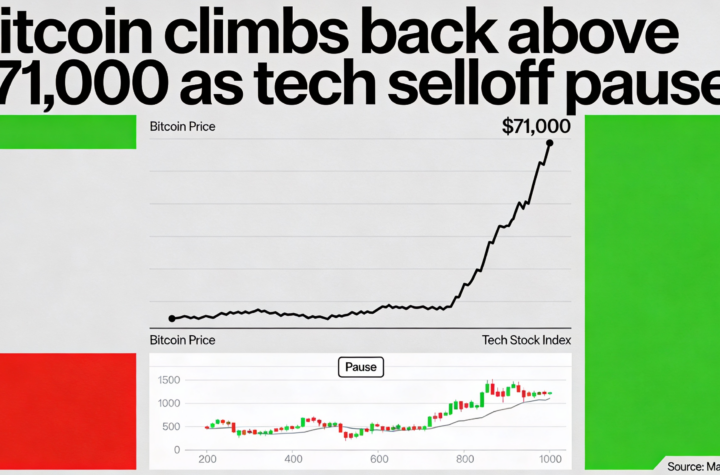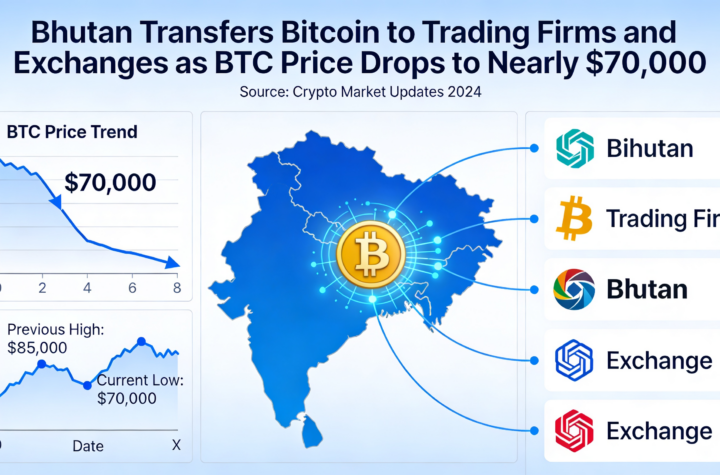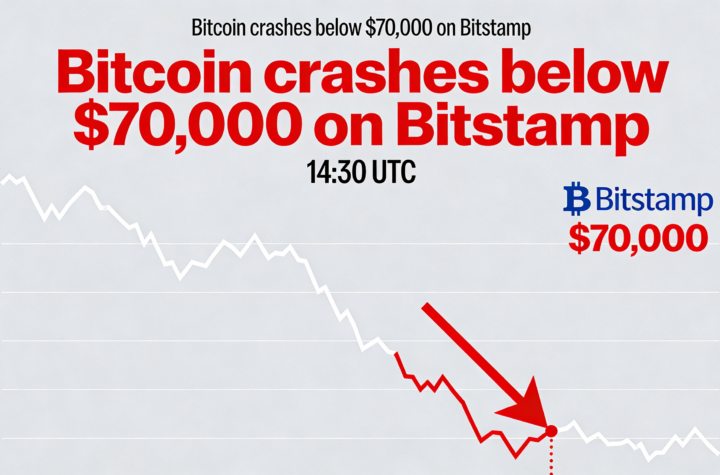
XRP Ledger’s ‘Batch’ Amendment Could Enable Direct NFT-to-NFT Trading
A new proposal for the XRP Ledger, known as the Batch (XLS-56) amendment, is drawing strong interest from developers and validators for introducing atomic transaction capabilities, which could unlock direct NFT-to-NFT swaps on the network.
Pseudonymous XRP validator Vet, who tested the feature on the devnet, said the amendment allows multiple operations — such as NFT minting and payments — to be bundled and executed in a single atomic transaction. Vet demonstrated how this could enable peer-to-peer NFT bartering, letting users exchange collections in one secure, simultaneous operation.
For example, one user could trade five NFTs for another’s two NFTs, all completed in one step without intermediaries or risk of partial execution. Vet even proposed a game-like, RuneScape-inspired interface to make NFT trading more engaging and intuitive.
Currently, the Batch amendment has reached 68.57% consensus among validators, nearing the 80% threshold needed for activation. The XRP Ledger (XRPL), a decentralized and open-source blockchain used by Ripple for cross-border payments, requires supermajority approval for new protocol changes.
Inside the Batch Amendment
The Batch (XLS-56) proposal introduces atomic multi-operation transactions, letting users group multiple actions into a single unit that either completes entirely or fails altogether — ensuring data consistency and transaction integrity.
According to a technical note shared by Teucrium, the feature “significantly expands XRPL’s capabilities” by allowing up to eight grouped transactions within one batch. It also introduces four execution modes:
- ALLORNOTHING – executes all transactions or none.
- ONLYONE – executes the first valid transaction.
- UNTILFAILURE – executes sequentially until one fails.
- INDEPENDENT – executes each transaction separately within the batch.
These options allow developers to design flexible, complex transaction logic suited for advanced applications such as NFT swaps, decentralized marketplaces, and multi-step payment flows.
If approved, the Batch amendment could mark one of the most impactful upgrades to the XRP Ledger in recent years, potentially expanding its use cases far beyond payments.






More Stories
Bitcoin slips below $70,000 as crypto selloff intensifies ahead of the U.S. equity open.
Bitcoin rebounds above $71,000 as tech stock selloff eases.
Bhutan shifts bitcoin to trading firms and exchanges as BTC slides toward $70,000.